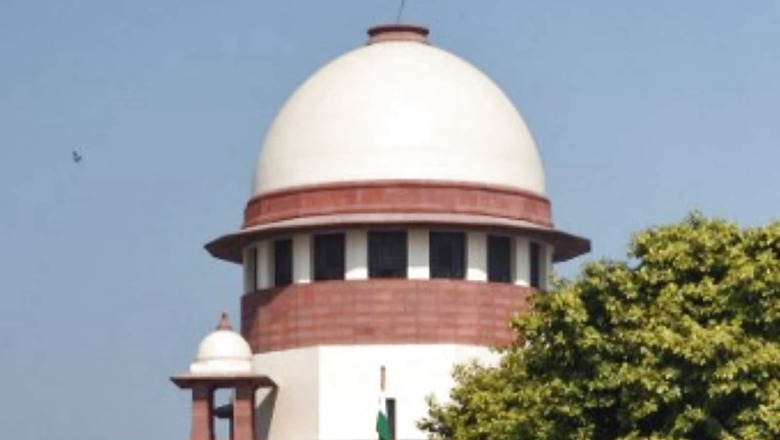
views
It is the duty of courts to take into consideration not only crime but also the criminal, his state of mind and his socio-economic conditions, the Supreme Court has said.
A bench headed by Justice L Nageswara Rao said it is the duty of courts to take into consideration the probability of the accused being reformed and rehabilitated.
"In view of the settled legal position, it is our bounden duty to take into consideration the probability of the accused being reformed and rehabilitated. "It is also our duty to take into consideration not only the crime but also the criminal, his state of mind and his socioeconomic conditions," the bench also comprising Justices B R Gavai and B R Nagarathna said.
The observations were made by the top court while converting death sentence awarded to a man, convicted for killing two of his siblings and his nephew over a property dispute, to life imprisonment for a period of 30 years. The top court said the state (Madhya Pradesh) has not placed on record any evidence to show that there is no possibility with respect to reformation or rehabilitation of the convict.
"The appellant comes from a rural and economically poor background. There are no criminal antecedents. The appellant cannot be said to be a hardened criminal. "This is the first offence committed by the appellant, no doubt, a heinous one. The certificate issued by the Jail Superintendent shows that the conduct of the appellant during incarceration has been satisfactory," the bench said.
The apex court said it cannot therefore be said that there is no possibility of the appellant being reformed and rehabilitated foreclosing the alternative option of a lesser sentence and making imposition of death sentence imperative.
.
Read all the Latest India News here




















Comments
0 comment